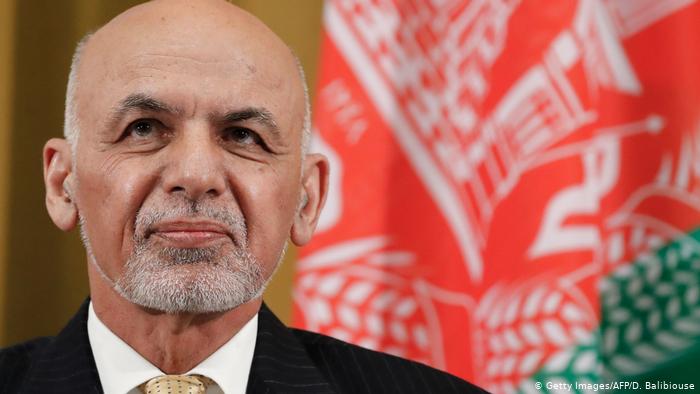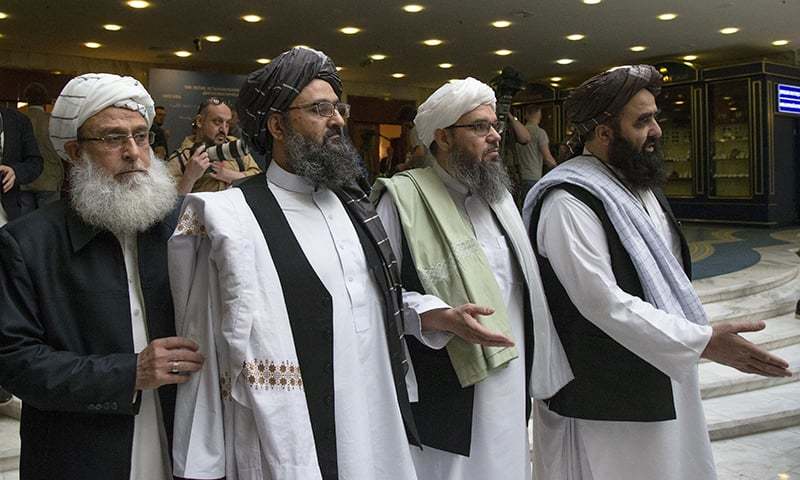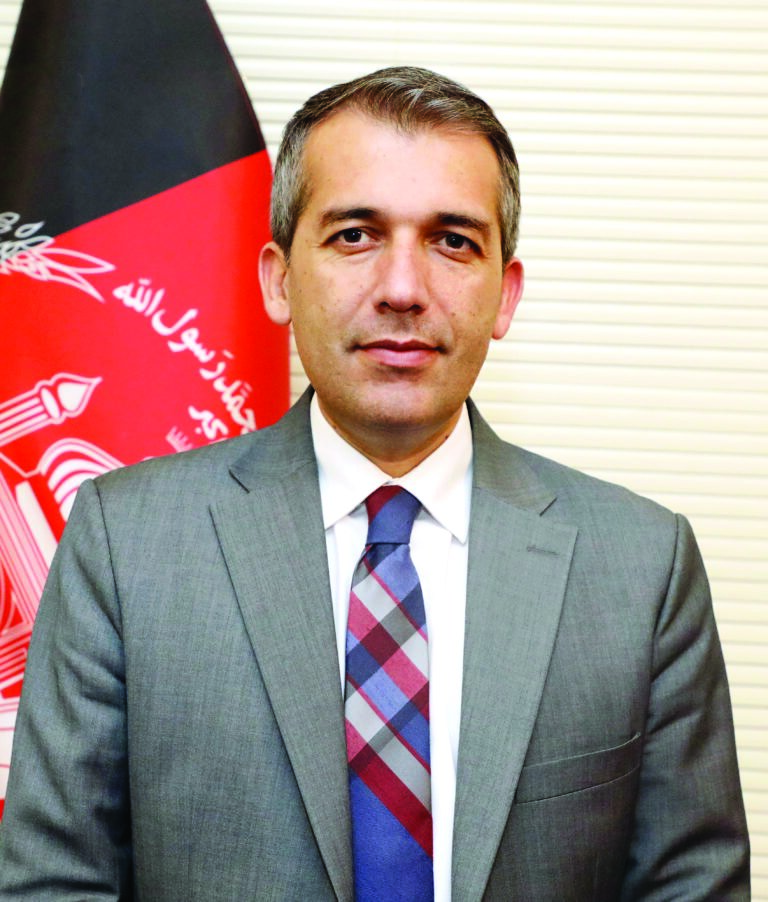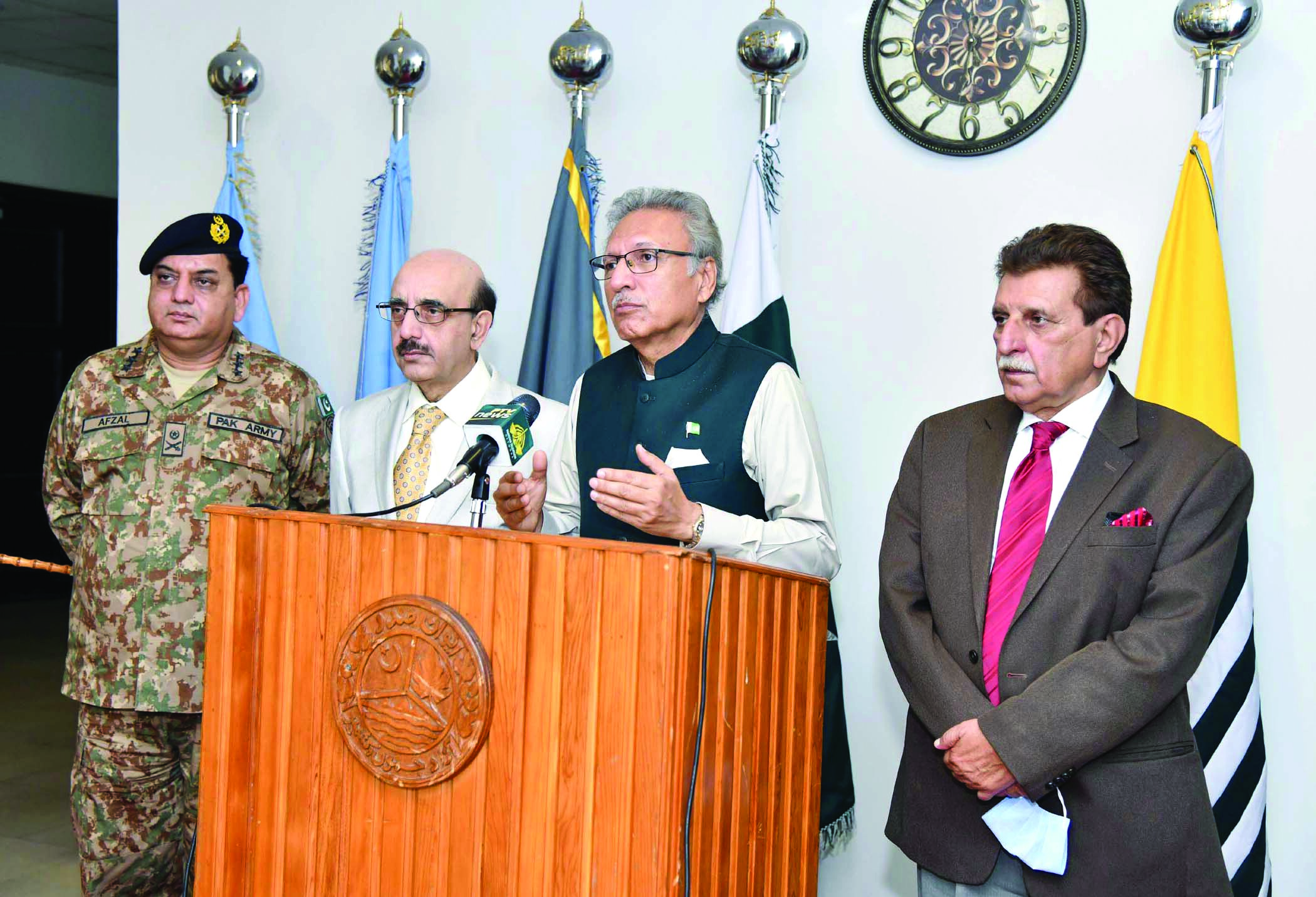Pakistan’s Army Chief of Staff General Qamar Javed Bajwa met with Afghan President Ashraf Ghani and Chairman of the High Council for National Reconciliation Abdullah Abdullah during a visit to Kabul on June 09. They discussed the ongoing peace process. The Army Chief conveyed Pakistan’s unwavering support for a sustainable peace in Afghanistan. Bajwa’s visit was a follow-up to his earlier meeting in Islamabad with US peace envoy Zalmay Khalilzad on June 07. According to ISPR, during the meeting, “matters of mutual interest, overall regional security situation including Afghan refugees issue and Afghan reconciliation process and Pak-Afghan border management were discussed.” The US special envoy had visited Pakistan and Afghanistan to jump start the talks between Taliban and the Afghan government.
As COVID-19 sweeps through the Taliban leadership, infecting negotiators and commanders, the peace process has been hit by the uncertainty of how the pandemic will impact the uppermost echelons of the group. Pakistan has also appointed an experienced hand, Ambassador Muhammad Sadiq as Special Envoy for Afghanistan. He has begun his consultation for speeding up the Afghan peace process.
The US Special envoy also met with Taliban leaders in Doha, Qatar. Having accomplished the benchmark of pulling out 5000 soldiers out of Afghanistan ahead of schedule, the US is desperate to push forward the other components of peace process. The Kabul government appears vulnerable as the Afghan military is not seen fit enough to stand alone against the insurgents.
Disagreement over the Taliban’s demand for the release of 5,000 prisoners has blocked the progress towards resolving the conflict. However these issues are gradually being resolved and consensus is evolving for initiation of formal talks. However, due to complications from the coronavirus some negotiations might initially be held virtually.
Reportedly, a number of top leaders of Afghan Taliban are seriously ill with the Coronavirus. According to Lynne O’Donnell’s piece for Foreign Policy, “Nearly all the Taliban leadership in Doha [who negotiated a bilateral deal with the US] has the bug.” The supreme leader of the Afghan Taliban Mullah Haibatullah Akhunzada has also contracted COVID-19 and rumors are making rounds that he may have possibly died while receiving treatment. Some Taliban sources in Quetta have said Akhunzada went to Russia for treatment. Many of the Taliban’s senior leaders in Quetta had also been infected with COVID-19, including Akhunzada’s deputy, Sirajuddin Haqqani.
Confirmation of Corona virus hitting leaders came from a senior Taliban military official Moulvi Muhammad Ali Jan Ahmed. “Our leader is sick, but he is recovering,” Ahmed told Foreign Policy in an interview. However, three other Taliban figures in Quetta, who spoke on condition of anonymity, said they believed Akhunzada had died of the illness. No official confirmation is forthcoming. Akhunzada, the supreme leader, had not been seen for the past three months and had not made any voice recordings, including an Eid-ul-Fitr message, traditionally regularly released by all Taliban supreme leaders as a statement ahead of the Eid. Such messages serve as annual policy statement as well.
The uncertainty is that if talks between the Afghan government and the Taliban are not likely to start within the next few weeks due to the sickness, how long will Taliban keep up their Eid cease-fire? The Taliban had offered a three-day cease-fire to coincide with the Eid holiday. Afghan media quoted an unnamed Kabul government source saying the cease-fire would continue unofficially as neither side had yet announced its end.
For the time being Mullah Mohammad Yaqoob, the eldest son of Mullah Mohammed Omar has taken over administrative, operational, and military command of the movement. He had ambition of taking over his late father’s mantle as Taliban leader. He has stepped into Haqqani’s role as chief of operations and is consolidating his hold on the group’s military operations. While Yaqoob is believed to support peace in Afghanistan, this may depend on what support he receives in his bid for a formal takeover of the Taliban. “The prince is trying to claim his crown,” said one source close to the Taliban leadership.
The Taliban and Afghan government are in the process of a prisoner swap that was negotiated as part of the Afghan peace deal. The agreement calls for the release by the Kabul government of some 5,000 Taliban prisoners. So for 1300 have been freed. The release process has been proceeding rather slowly and it has already delayed the talks by weeks. Kabul officials maintain that the head of the Taliban’s Prisoners Commission, Mullah Nooruddin Turabi, also remains ill with COVID-19.
A Kabul official also confirmed that another Doha-based Taliban figure, Mohammad Nabi Omari, who was directly involved in negotiating the deal with the US, had also been ill with COVID-19 and has now recovered. “He has been leading the Taliban delegation during video teleconferences with the government that set the stage for prisoner releases,” the official said. Omari was held in US custody at Guantánamo Bay for nearly 12 years one of the so-called Taliban Five who were prominent in the group’s pre-9/11 administration. They were released in 2014 in a prisoner swap for US Army Sergeant Bowe Bergdahl who had been held by the Taliban for five years.
The UN, US, European Union and the Organization of Islamic Countries (OIC) have called on the Taliban to agree to a cease-fire so that Afghanistan could focus on containing the further spread of the pandemic. The Taliban said on June 04 that they were willing to temporarily suspend fighting against the Afghan forces in areas hit by the coronavirus, rejecting news reports that the group could declare a country-wide truce amid the pandemic.
According to Mohammed Moheq, Afghanistan’s ambassador in Egypt, the Taliban will “only agree to a cease-fire if the virus hits their ranks.” That may not be far away as the disease is fast spreading into rural Afghanistan Of the patients tested roughly one third are reported Covid-19 positive. Last month, Afghanistan’s health minister, Ferozuddin Feroz warned that coronavirus could kill some 110,000 Afghans if its spread was not controlled.
The Taliban spokesman, Zabihullah Mujahid, said that he had been misquoted by the Associated Press, which reported, on June 03, that the group was ready to declare a cease-fire in areas of Afghanistan under its control if they were hit by the pandemic. “God forbid, if there is an outbreak of coronavirus in areas under our control, we will have control over the situation, then we will not fight in that particular area so that health workers deliver assistance to that area,” Mujahid said. The Taliban have said they welcome the operation of international health organizations in areas of their control to combat the coronavirus.

Afghan President Ashraf Ghani stressed on June 11 that a temporary ceasefire between the Afghan government and the Taliban has helped create space for potential peace negotiations, but cautioned that the road to a true peace will be long and difficult. Keeping in view the uncertainty of timeframe with regard to end of Covid-19 and the fixed timeline of the US elections 2020, the online format is a feasible proposition; it presents a way forward to keep the peace process afloat and to have solid foundation for peace in Afghanistan before the US elections.
Anxiety is snowballing among the Kabul government. The US has already met the mark of pulling out 5000 troops ahead of schedule. The Kabul government appears vulnerable as the Afghan military is not seen to be enough to stand alone against the Taliban.
ABOUT THE AUTHOR
Air Cdre (Retd) Khalid Iqbal is an analyst of international security and current affairs. He is a former assistant chief of air staff of Pakistan Air Force.





